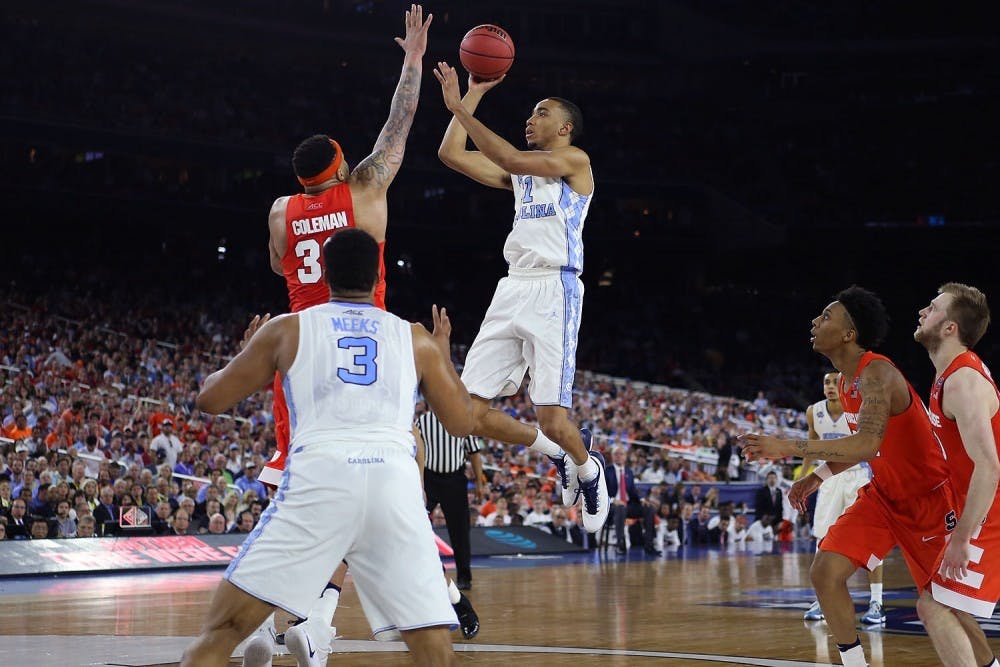A former Villanova defensive back has filed a class-action lawsuit against the NCAA and many member schools that accuses them of violating minimum-wage laws by refusing to pay players.
Trey Johnson, now playing in the Canadian Football League, filed the suit Wednesday in the United States District Court for the Eastern District of Pennsylvania, days after the NCAA announced it was working toward allowing athletes to profit from the use of their names, images and likenesses.
According to The New York Times, Johnson's suit "argues that athletes’ hours are tracked in the same way as those of students in a work-study program, and that if student ticket-takers, seating attendants and concession workers are being paid at least a minimum wage, the players performing on the field should be, too."
“The NCAA’s recent move to permit student athletes to benefit from their name, image and likeness illustrates that the untenable amateurism model is simply a smoke screen used to protect the pockets of the NCAA and its member schools,” Johnson's lawyer Michael Willemin told the Times. “By refusing to pay athletes the minimum wage, the NCAA is essentially saying that it is OK for athletes to be paid, as long as someone else is cutting the check.”
The suit is far from the first of its kind. In 2015, for example, the National Labor Relations Board shot down a petition by Northwestern football players to organize a union.
Willemin said that Johnson's suit also seeks for athletes to be considered employees, arguing that schools are violating federal minimum wage law.
Past court cases that have helped determine "the true nature" of the employee-employer relationship, such as Vanskike v. Peters (a 1992 case concerning prisoners' status as employees) and Livers v. NCAA (brought by Poppy Livers, a Villanova teammate of Johnson's) will likely shape a court's decision.
In Livers v. NCAA, a judge asserted that colleges should not expect special rules. That case was withdrawn after the NCAA argued it had exceeded the statute of limitations; still, it could open the door for a reevaluation of the legal relationship between athlete and college.
“We have two hurdles,” Willemin said. “We have to convince a court that employee tests should be conducted, and then we have to convince the court that when you look at the test, the student-athletes are employees.”



